![]() The success of idol debuts these days no longer depend upon skills and talents, but rather the influence their respective agencies have on the industry as a whole.
SM Entertainment, JYP Entertainment, and YG Entertainment aren't called 'The Big Three' for nothing. Some believe that it's their intensive training systems which allow them to debut their artists so successfully, but the reality is that the arduous training process is no different than that of the smaller agencies.
Smaller agencies work just as hard, if not harder, in training their idols to ensure their success, but what they fall short on (and what ultimately seals the deal) is that their influence pales in comparison to the big three's.
The only small-scale entertainment agency to have broken through the barriers is TS Entertainment, who trained Sunhwa, Ji Eun, Hyosung, and Zinger for 3-4 years before debuting them under SECRET.� Although they didn't hit it big right from the start, they did begin to see signs of growth with the release of "Magic."
Fast forward from their 2009 debut to their 2010 "Shy Boy" promotions, when they finally took home their first wins on both cable and public broadcast networks. The girls received the applause of every industry representative for managing to achieve such top successes under an agency classified as mid-to-low tier.
In comparison, JYP Entertainment's miss A swept all of the music program charts and dominated the awards at year-end ceremonies right from the get-go.
The success of idol debuts these days no longer depend upon skills and talents, but rather the influence their respective agencies have on the industry as a whole.
SM Entertainment, JYP Entertainment, and YG Entertainment aren't called 'The Big Three' for nothing. Some believe that it's their intensive training systems which allow them to debut their artists so successfully, but the reality is that the arduous training process is no different than that of the smaller agencies.
Smaller agencies work just as hard, if not harder, in training their idols to ensure their success, but what they fall short on (and what ultimately seals the deal) is that their influence pales in comparison to the big three's.
The only small-scale entertainment agency to have broken through the barriers is TS Entertainment, who trained Sunhwa, Ji Eun, Hyosung, and Zinger for 3-4 years before debuting them under SECRET.� Although they didn't hit it big right from the start, they did begin to see signs of growth with the release of "Magic."
Fast forward from their 2009 debut to their 2010 "Shy Boy" promotions, when they finally took home their first wins on both cable and public broadcast networks. The girls received the applause of every industry representative for managing to achieve such top successes under an agency classified as mid-to-low tier.
In comparison, JYP Entertainment's miss A swept all of the music program charts and dominated the awards at year-end ceremonies right from the get-go.
![]() Other factors (like the individual talents of the members) may be taken into account, but there's no denying that a rookie debut from any of the big three garner a big response even before their debut. Right from the start, there's a clear divide in the attention a group has the potential to receive.
The difference can also be seen in the treatment the artists are given by the public broadcast music programs.
One music industry agency representative commented, "In the case of public broadcast music programs, there definitely exists a slight difference in treatment the artists receive depending on whether they're a part of a large or small agency."
He continued, "Artists from the larger agencies are allowed to sing two to three songs for their comeback stages, on top of additional interview opportunities. Artists and rookies from the smaller agencies, however, sometimes even receive requests to have their one performance track shortened."
This might be because the shows are catered to what the public wants to see, but it's ultimately closing off the playground for those from the mid-to-smaller agencies.
Another music program representative commented, "There's nothing we can do about it.� Programs are geared towards viewer ratings, so we have no choice but to give more time to the bigger stars.�� Music programs do try to limit the stages of bigger artists to a certain point in order to give time to the newer artists.� But because everything is centered around who's hot and what's trending at the exact moment, if we don't show more of their performances, it's easy for us to be ignored by the public."
Despite there being an influx of new idol debuts from a range of agencies over the past few years, industry representatives predict that the treatment towards the smaller agencies will remain unchanged.
Kim Tae Won, the CEO of JQT's agency, concluded, "It is true that it is more difficult for the smaller agencies, but it's vital that we continue to discover new talent and support those under our agency in order to secure our position in the industry."
Source: Medical News Today via Nate
Other factors (like the individual talents of the members) may be taken into account, but there's no denying that a rookie debut from any of the big three garner a big response even before their debut. Right from the start, there's a clear divide in the attention a group has the potential to receive.
The difference can also be seen in the treatment the artists are given by the public broadcast music programs.
One music industry agency representative commented, "In the case of public broadcast music programs, there definitely exists a slight difference in treatment the artists receive depending on whether they're a part of a large or small agency."
He continued, "Artists from the larger agencies are allowed to sing two to three songs for their comeback stages, on top of additional interview opportunities. Artists and rookies from the smaller agencies, however, sometimes even receive requests to have their one performance track shortened."
This might be because the shows are catered to what the public wants to see, but it's ultimately closing off the playground for those from the mid-to-smaller agencies.
Another music program representative commented, "There's nothing we can do about it.� Programs are geared towards viewer ratings, so we have no choice but to give more time to the bigger stars.�� Music programs do try to limit the stages of bigger artists to a certain point in order to give time to the newer artists.� But because everything is centered around who's hot and what's trending at the exact moment, if we don't show more of their performances, it's easy for us to be ignored by the public."
Despite there being an influx of new idol debuts from a range of agencies over the past few years, industry representatives predict that the treatment towards the smaller agencies will remain unchanged.
Kim Tae Won, the CEO of JQT's agency, concluded, "It is true that it is more difficult for the smaller agencies, but it's vital that we continue to discover new talent and support those under our agency in order to secure our position in the industry."
Source: Medical News Today via Nate
0
0
,

Posted by 41 pts Tuesday, February 15, 2011
How do the 'Big Three' impact the success of idols from smaller agencies?

0
12,779
Share
Be the first to vote
 SHARE
SHARE
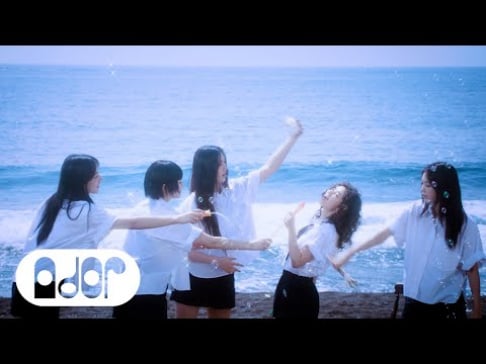
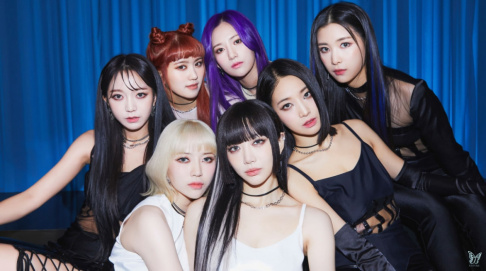
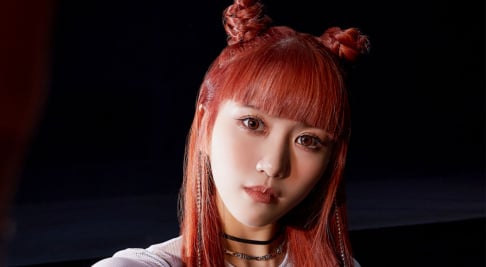
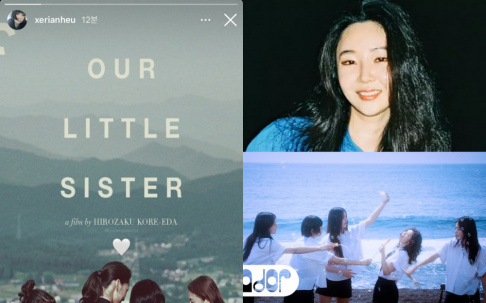
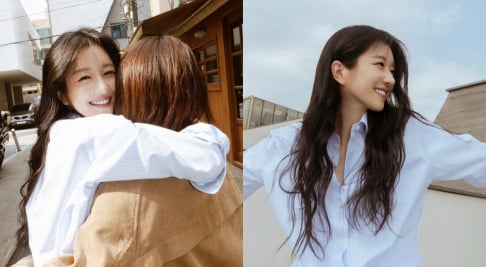
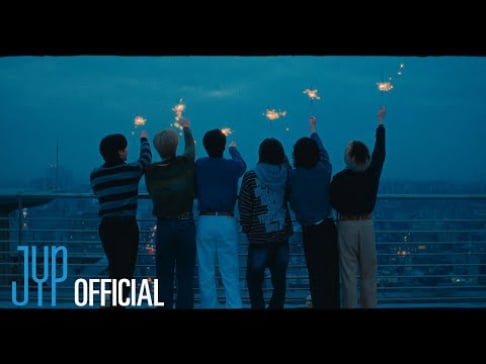
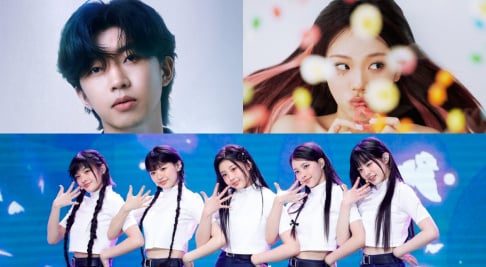
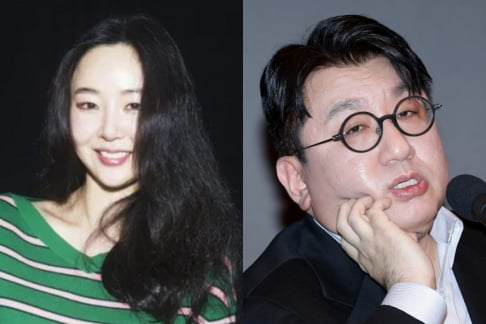
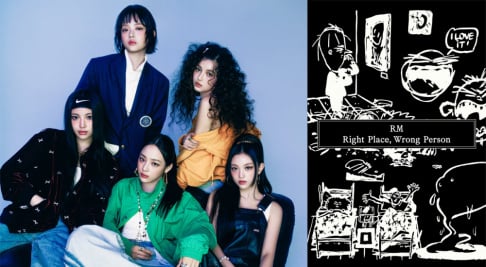
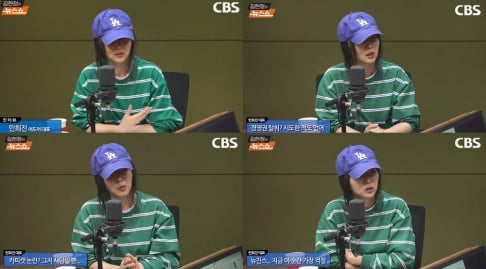
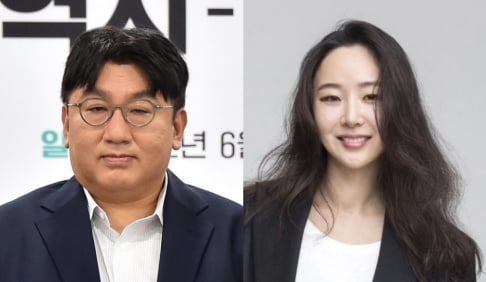



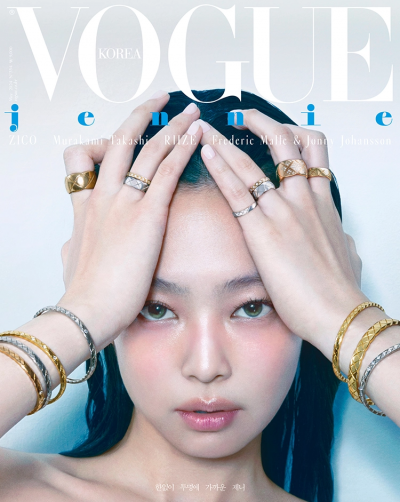


Log in to comment